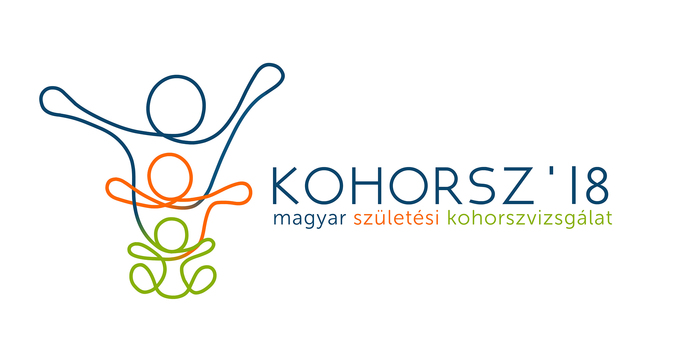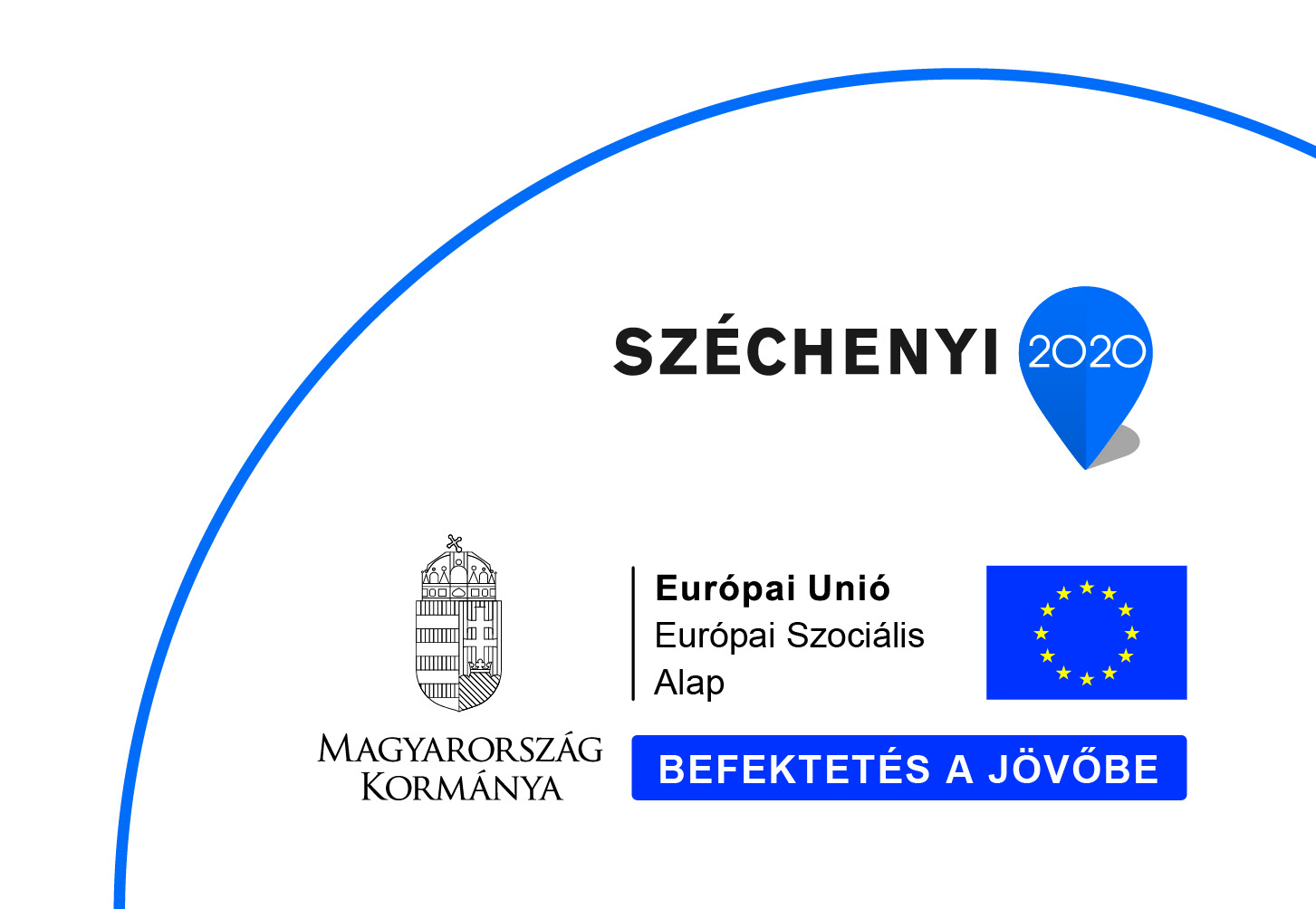Rendezvényeink
A visegrádi országok demográfiai folyamatai - a konferencia előadásai
2015. szeptember 10-11-én Intézetünk és a Prágai Magyar Intézet nemzetközi konferenciát szervezett Driving forces behind demographic trends in Visegrad countries: The role of migration and family formation (A visegrádi országok demográfiai folyamatainak mozgatórugói: A migráció és a családalapítás szerepe) címmel. A konferencia előadásai letölthetők honlapunkról.
FOTÓK (Gál Attila)
BESZÁMOLÓ a konferenciáról
ELŐADÁSOK
Population trends in Visegrad countries
Péter Őri (Hungarian Demographic Research Institute): Population trends in Hungary in the 2nd half of the 20th century and in the last 15 years
Branislav Bleha (Comenius University): Population development in Slovakia. A quarter-century full of rapid changes and future outlook
Krzysztof Tymicki (Warsaw School of Economics): Demographic trends in Poland over the past 25 years
Boris Burcin (Charles University in Prague) Tomáš Kučera (Charles University in Prague): Population developments in the Czech Republic since 1990 and their prospects
Immigration and integration in Visegrad countries
Eva Janská (Charles University), Dušan Drbohlav (Charles University): Migration trends and immigration policies in Visegrad countries
Luděk Sýkora (Charles University), Marek Čaněk (Multicultural Center in Prague): Segregation and integration in Czech cities: interaction between migrants and majority at local level
Irén Gödri (Hungarian Demographic Research Institute): New trends of immigration into Hungary and the integration of immigrants
Slavomir Ondos (Comenius University, Bratislava), Lukas Belusak (Comenius University, Bratislava): Population distribution response to changing climate. Central Europe in global circumstances
Paweł Kaczmarczyk (Centre of Migration Research, Warsaw): Demographic challenges in an emigration-immigration country – the case of Poland
Family formation and fertility
Zuzanna Brzozowska (Vienna Institute of Demography): The non-marital birth ratio on the increase: what is behind? A comparison of trends in the Czech Republic, Poland and Slovakia, 1988-2011
Jiřina Kocourková (Charles University), Anna Šťastná (Charles University): Low fertility in the Czech Republic: Did the country miss out on the optimal time for fertility recuperation?
Adél Rohr (Hungarian Demographic Research Institute, Budapest): Attitudes towards marriage and cohabitation
Branislav Šprocha (INFOSTAT, Bratislava): Cohort fertility transition in Slovakia. The postponement and recuperation process
Family policy and childcare
Boris Vaňo (INFOSTAT, Bratislava): Support of families with small children in Slovakia
Ewelina Słotwińska-Rosłanowska (Warsaw School of Economics): Family policy in Poland – recent reforms concerning leaves fro parents and childcare
Anna Šťastná (Charles University, Prague), Věra Kuchařová (Research Institute of Labour and Social Affairs, Prague): Childcare policies in the Czech Republic
Zsuzsanna Makay (Hungarian Demographic Research Institute, Budapest): Mothers’ labour market participation and recent family policy reforms in Hungary: trends towards more flexibility?




